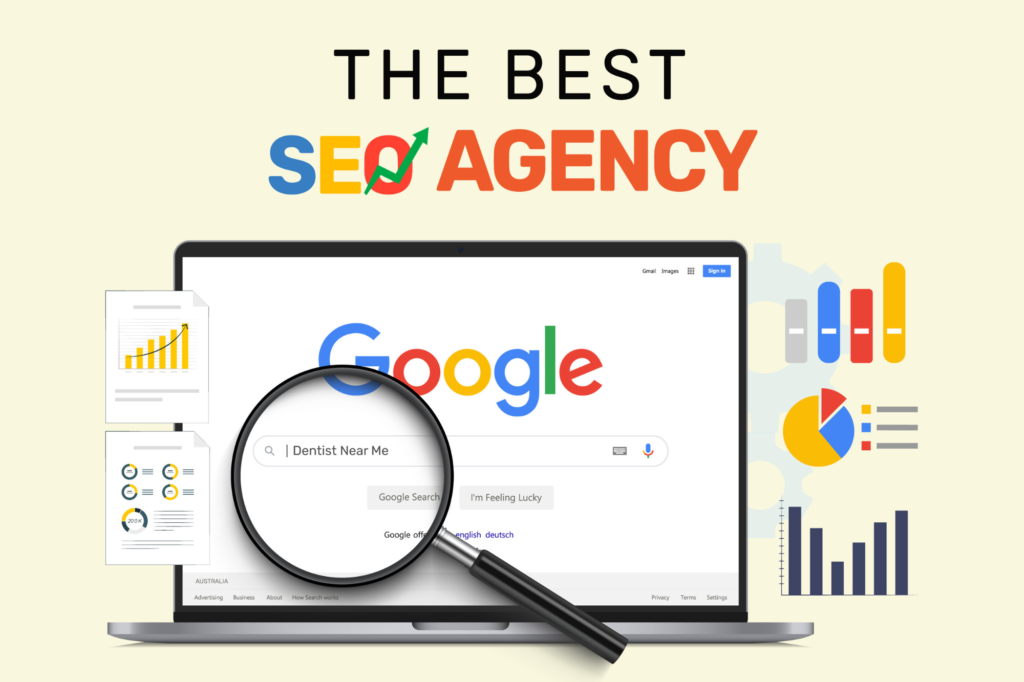
The Importance of Keyword Research in Establishing a Strong Online Presence
Having a strong online presence is crucial for businesses and individuals alike. One of the key elements in establishing and maintaining this presence is through effective keyword research. Understanding the role of keyword research and how it impacts online visibility and success is essential for anyone seeking to thrive in the competitive online landscape.
What is Keyword Research?
Keyword research is the process of identifying and analyzing specific terms and phrases that people enter into search engines. These keywords are the bridge between what people are searching for and the content that provides the answers. By understanding the language of their audience, businesses and content creators can optimize their online content to match the search intent of their target audience.
The Role of Keyword Research in Search Engine Optimization (SEO)
Search Engine Optimization (SEO) is the practice of optimizing online content to improve its visibility in search engine results. Keyword research forms the foundation of an effective SEO strategy. By identifying relevant keywords, businesses can tailor their content to match what their audience is searching for, thereby increasing the likelihood of their content appearing in search engine results.
Targeting the Right Audience: Keyword research helps businesses understand the language and topics that resonate with their target audience. By incorporating these keywords into their content, they can attract relevant traffic to their website or platform.
Content Strategy Development: By conducting keyword research, businesses can gain insights into the topics and questions their target audience is interested in. This information can inform content creation strategies, ensuring that the content produced aligns with the needs and interests of potential customers or readers.
Competitive Analysis: Through keyword research, businesses can gain valuable insights into the keywords their competitors are targeting. Understanding the competitive landscape can help businesses identify new opportunities and refine their own keyword targeting strategies.
The Impact of Keyword Research on Online Visibility
Effective keyword research directly impacts a brand’s online visibility and reach. By understanding the search terms that their audience uses, businesses can position themselves in front of potential customers at the right moment.
Long-tail Keywords and Niche Targeting
In addition to identifying broad keywords related to their industry, businesses can leverage long-tail keywords, which are longer and more specific phrases. While these may have lower search volumes, they often have higher conversion rates as they reflect more targeted search intent. By incorporating long-tail keywords into their content, businesses can capture highly relevant traffic and cater to niche audiences.
Adapting to Evolving Consumer Behavior
Consumer search behavior evolves over time, influenced by trends, seasonality, and emerging topics. Through ongoing keyword research, businesses can stay attuned to these changes and adapt their content strategies to align with shifting consumer interests. This agility allows businesses to maintain their relevance and visibility in an ever-changing digital landscape.
Tools for Effective Keyword Research
Several tools are available to aid in the process of keyword research, providing valuable insights and data to inform content strategies. These tools include:
Google Keyword Planner: This free tool provides keyword ideas and traffic estimates to help businesses identify the most relevant keywords for their content.
Semrush: A comprehensive SEO tool that offers keyword research, competitive analysis, and insights into search trends, enabling businesses to refine their keyword targeting strategies.
Ahrefs: Known for its robust backlink analysis, Ahrefs also offers powerful keyword research features, allowing businesses to identify valuable keywords and assess their competition.
In conclusion, keyword research plays a pivotal role in establishing a strong online presence. By understanding the language of their audience, businesses can optimize their content to align with search intent, improve their visibility in search engine results, and effectively reach their target audience. Through ongoing keyword research and strategic implementation, businesses can stay ahead in the dynamic digital landscape, ultimately driving growth and success in the online sphere.










